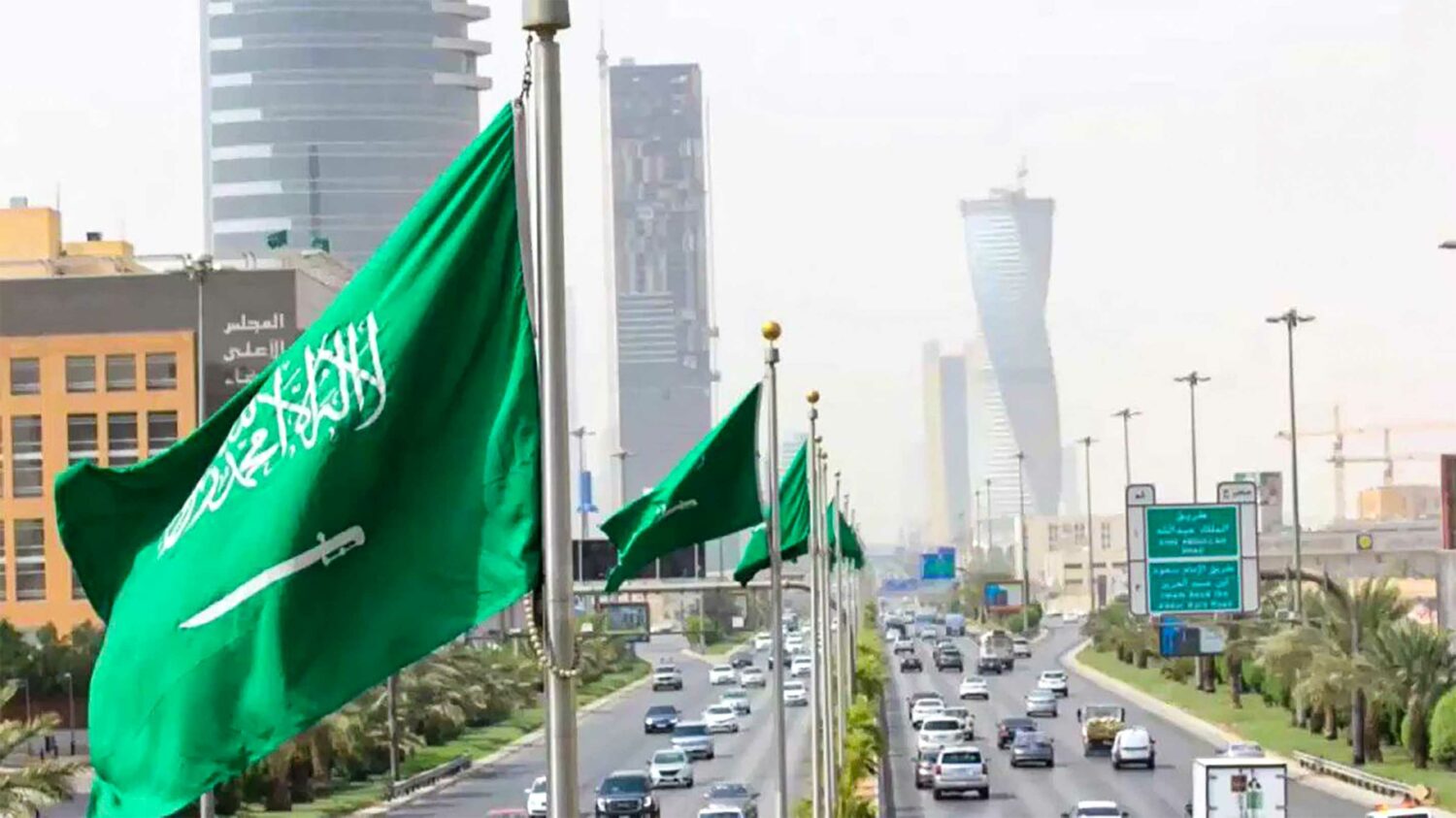Riyadh, Saudi Arabia – Saudi Arabia said on Thursday that policies to address climate change should not “crush the bones” of countries grappling with energy poverty, ahead of the COP28 climate talks in Dubai.
Speaking at a conference on economic cooperation with Africa, the Gulf kingdom’s energy minister Prince Abdulaziz bin Salman said more must be done to help the estimated 800 million people globally who don’t have steady access to electricity.
Climate change is “relevant and important” but “should not be attended to by crushing the bones and the future of the less (powerful) people,” Prince Abdulaziz said.
“Why do we sit on our hands and do nothing about this population?”
Saudi Arabia, the world’s biggest crude oil exporter, announced in 2021 that it was targeting net zero emissions by 2060.
However Saudi officials also argue that continued new investments in hydrocarbons are necessary for energy stability.
Prince Abdulaziz said on Thursday that attempts to provide financial support to countries affected by climate change had so far delivered poor results.
The agreement to set up a dedicated fund to help vulnerable countries cope with climate “loss and damage” was a flagship achievement of last year’s COP27 talks in Egypt.
But countries left the details to be worked out later.
Richer countries promised in 2009 to provide $100 billion a year to finance both adaptation and emissions cuts in developing countries by 2020.
It only reached $83 billion that year, according to the most recent figures available from the Organisation for Economic Co-operation and Development.
Failure to meet the target on time has damaged trust in international climate negotiations.
Prince Abdulaziz said Saudi Arabia was “choosing a different approach” to climate finance.
“We have our own tools… We want to do it bilaterally,” he said.
“We want to make sure that we become accountable for what we promise and we want to see the deliverables of what we have promised.”
Saudi Finance Minister Mohammed al-Jadaan said agreements signed at Thursday’s conference would exceed 2 billion Saudi riyals (roughly $533 million).
The conference featured signing ceremonies on energy agreements with Nigeria, Ethiopia, Senegal and Chad, though no details were provided.








